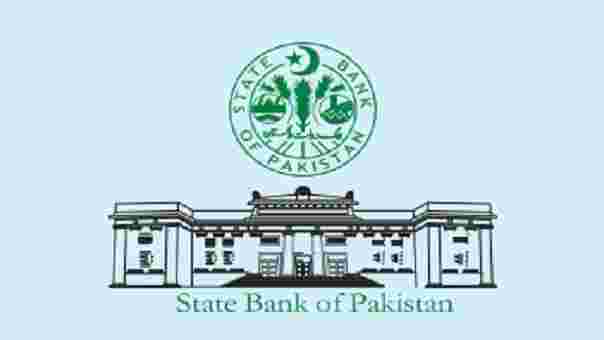Karachi, August 29, 2025 – The State Bank of Pakistan (SBP) has formally designated D-SIBs (Domestic Systemically Important Banks) for the year 2025, following its established framework issued in April 2018 and updated in December 2022.
This initiative aligns with global regulatory standards while considering Pakistan’s unique financial and economic conditions.
The framework for D-SIBs outlines a detailed methodology for identification, enhanced regulatory obligations, and supervisory measures to ensure that the most systemically important banks maintain strong resilience. These measures are designed to safeguard the financial system from potential shocks and enhance risk management practices across the industry.
The identification process for D-SIBs is conducted annually through a two-step assessment. In the first phase, potential candidates, known as Sample D-SIBs, are shortlisted based on a combination of quantitative and qualitative indicators. In the second phase, final designation is determined by evaluating banks’ composite systemic scores, which measure factors such as size, interconnectedness, substitutability, and operational complexity.
For the 2025 designation, SBP assessed banks using financial data up to December 31, 2024. The following institutions have been recognized as D-SIBs:
| Bucket | Name of Institution | Additional CET-1 Requirement |
| D | National Bank of Pakistan | 2.5% |
| C | United Bank Limited | 1.5% |
| C | Habib Bank Limited | 1.5% |
These banks are required to meet the specified additional Common Equity Tier-1 (CET-1) capital buffers by March 31, 2026, in addition to other supervisory requirements under the framework.
Furthermore, branches of Global Systemically Important Banks (G-SIBs) operating in Pakistan must also maintain CET-1 capital in line with Financial Stability Board (FSB) guidelines for their parent institutions.
The SBP reaffirmed its commitment to maintaining financial stability, noting that the D-SIBs designation process plays a crucial role in mitigating systemic risks and supporting sustainable economic growth.
